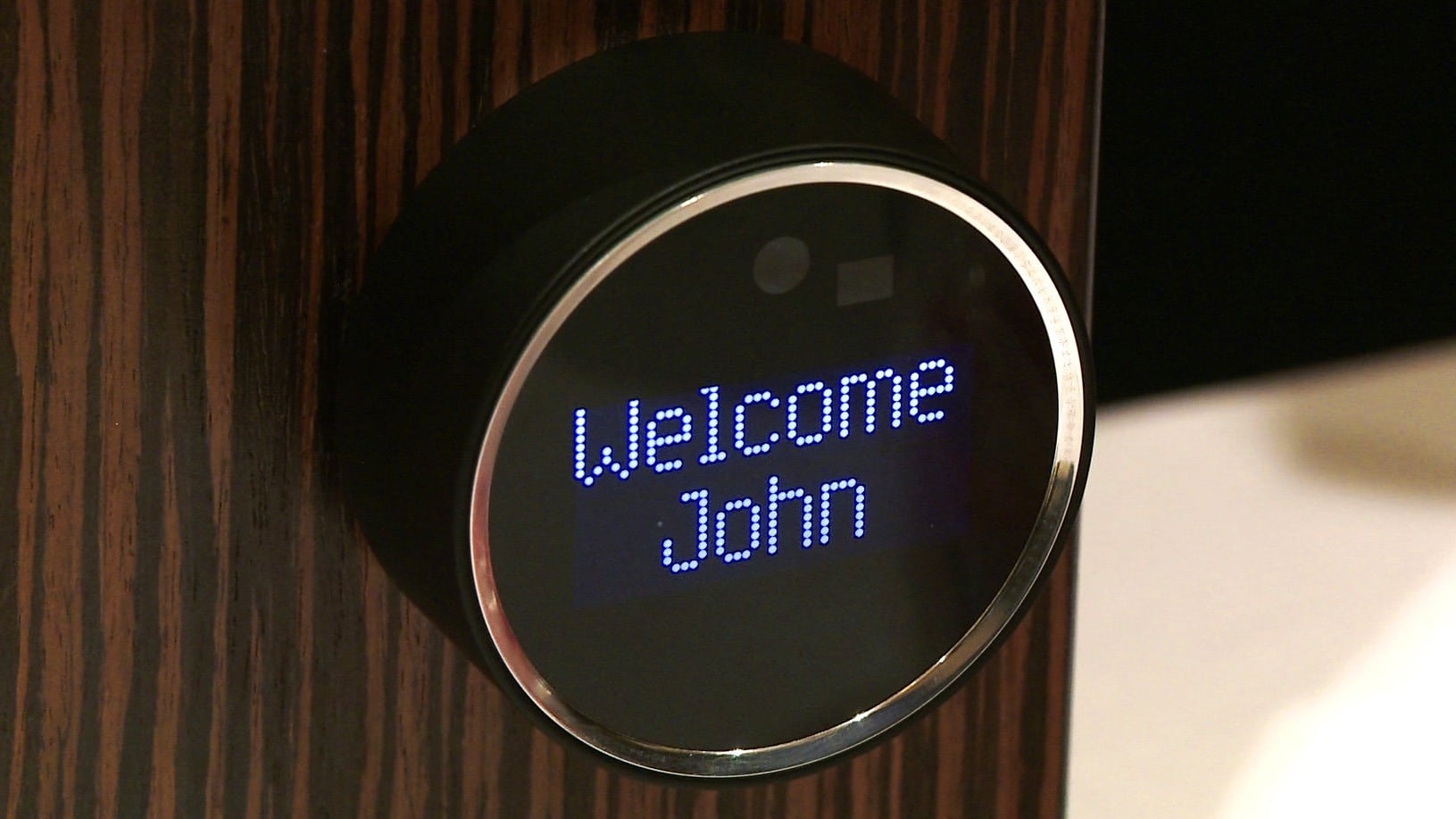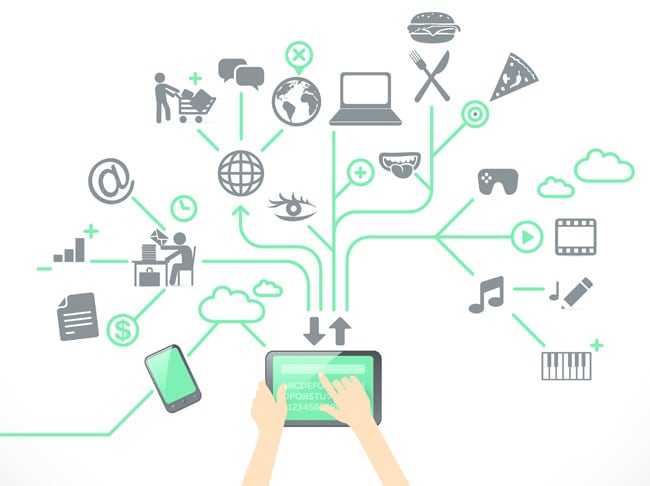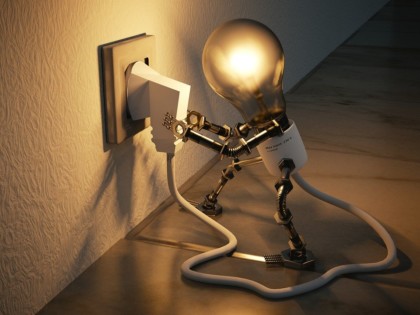
The problem of running a decentralized currency was solved by the blockchain system first used in Bitcoin in 2009. Blockchains have been the object of interest of many tech circles, because of their wide range of applications including file storage, social networking, alternate Domain Name Systems, and of course, digital currencies.
Tech giants Samsung and IBM have unveiled a proof of concept for a system they call ADEPT, as part of IBM’s Device Democracy program that aims to “reboot” the internet. IBM says that it wants to change the way we use the 1 billion internet-connected devices around the world.
What’s wrong with the internet?
The company explained that the problems the internet currently faces are:
- Broken business models
- Lack of privacy
- High cost
- Lack of functional value
- Inability to withstand change
The Device Democracy study says that subscription fees, data mining, and intrusive surveillance affect every internet user, but very little is being done about them.

A Facebook data center based in Forest City, NC
It is almost impossible for the average person to perform a simple web search or message a friend without being spied on in some way. Many companies, such as Google and Facebook, generate revenue selling user information or targeted advertising. Additionally, users have to rely on these companies as more and more devices become “smart”, including watches, televisions, and even refrigerators.
IBM says that this trend is unsustainable, because it sacrifices user privacy. Additionally, devices like alarm systems and refrigerators are expected to last for a decade or more. They cannot easily be updated to be compatible with future technological changes. It is not guaranteed that a television, for example, will still be able to connect with a smart phone released 5 years from now.
Huge server farms are currently required just to process information and provide connectivity for the near 3 billion internet users worldwide. If the internet became decentralized, users would no longer have to subsidize the high costs of maintaining and upgrading these facilities through their purchases and personal data.
Finally, IBM states that technology is not doing enough to benefit individual users. For example, adding internet connectivity to a car could help to increase its sales and benefit the manufacturer. However, it does not make the car into a better form of transportation. Instead of being used to stream music or deliver Tweets, internet connectivity be used to provide real-time information to make driving safer, faster, and more efficient.
Blockchains as a solution
The Autonomous Decentralized Peer-to-Peer Telemetry (ADEPT) concept currently under development by IBM and Samsung promises to use blockchains to create a privacy-centric, secure, and decentralized internet economy. ADEPT’s key components are its peer-to-peer networking structure, a messaging and file transfer service, and finally, a solution to allow devices to interface with and connect to its network.
It takes advantage of three technologies: Ethereum for smart contracts, Telehash for communication, and BitTorrent for file transfer. The ADEPT system has already been successfully used with various electronics manufactured by Samsung.
Using blockchains in the real world
One example mentioned in the report utilizes the sensors in the Samsung’s W9000 washing machine. When the machine detects that it is low on detergent, ADEPT is used to find existing contracts with a detergent supplier, then place an order automatically. Both the owner of the washing machine and the detergent supplier can view the process of the order, transfer payments, and message each other through a tablet or another internet-connected device. This negates the need for a middleman such as PayPal or a credit card processor entirely.
Another use case in the report shows how ADEPT could be used to have electronics repair themselves. If a device detects that a part is faulty, it could find a company to service the part that has a high reputation on the blockchain. The owner simply has to confirm the payment and wait for a professional to come and fix the part. In this use case, a blockchain system is used to find trustworthy service providers. It reduces the need to trust reviews, such as those on Google Reviews or Yelp.
The last use case provided in the report explains how ADEPT could be used to negotiate power usage. In the example, all of the devices in a consumer’s home have smart contracts between one another. If the electricity company sends out a notification there will be a price spike, the washing machine, for example, could ask the television to turn itself off. If the television is in use, it could refuse, and pay the washing machine to turn off instead with a number of “tokens”.
The usage of these tokens is not limited to devices inside one home or business. It could be used within a community as well. In theory, an owner could set up his or her washing machine to purchase a number of KWH of power from other households with self-issued tokens. The washing machine would then provide free wash cycles to community members with tokens.
Challenges ahead
The ADEPT report concluded by explaining that there would be many difficulties faced in scaling the system. There are billions of devices around the world, and the blockchain system used would have to work with every one of them. A new cryptocurrency designed for device-to-device usage, rather than person-to-person usage, may also have to be created. IBM and Samsung say that they are watching blockchain-based technologies like Bitcoin and Dark Wallet to gain a better understanding of how they can improve their own system.
While our devices may not all be connected via a decentralized network any time soon, ADEPT is a step in the right direction. The full report can be found here.
Let us know what you think about the ADEPT proof of concept. What else do you think blockchains could be used for in the future?









